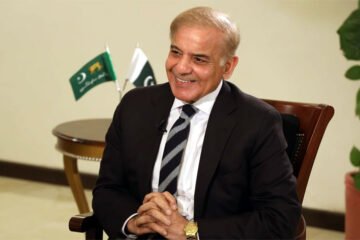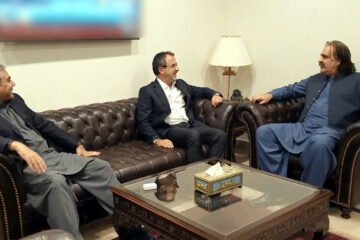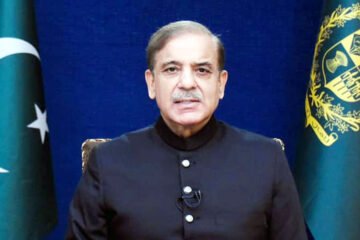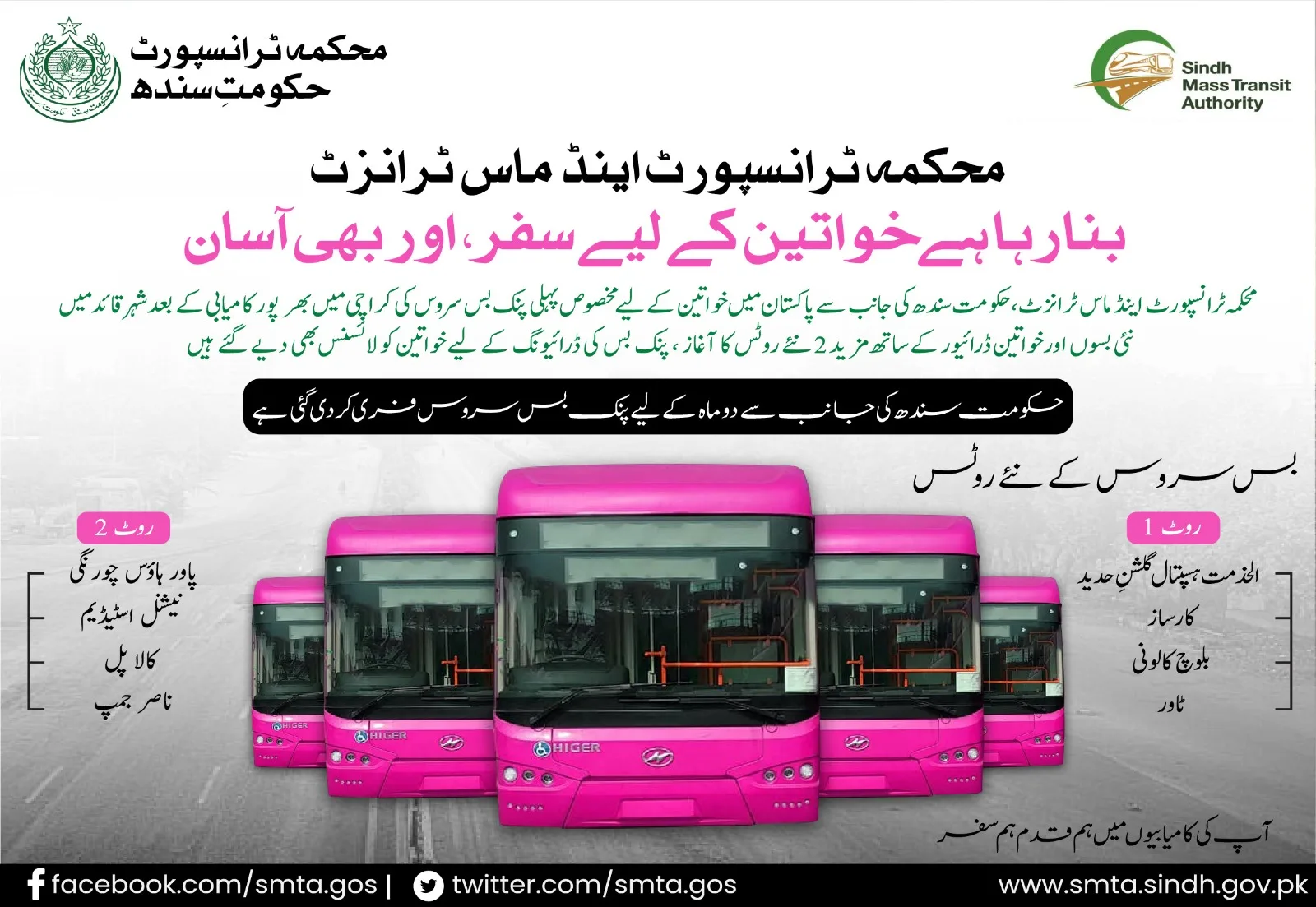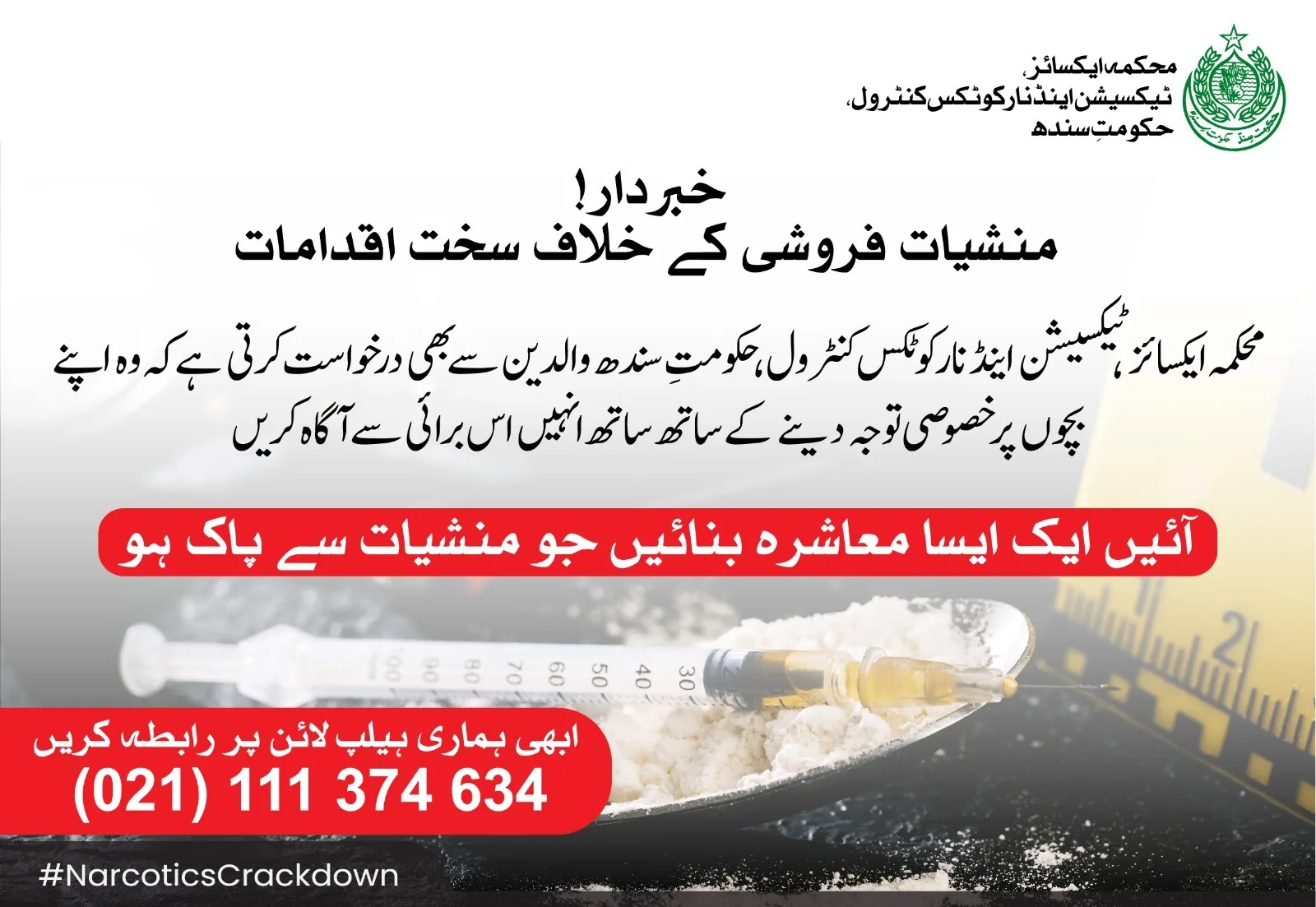PIAF for evaluating geographical diversification as exports still dependent on traditional markets

Lahore October 16 (Online): Pakistan Industrial and Traders Association Front (PIAF) has underlined the need for evaluating geographical diversification with a view to focusing on new opportunities, as the exports have been greatly dependent on traditional markets yet.
It is good news that Pakistan’s exports rose 6 percent to $1.87 billion in September 2020, as compared to the corresponding month of last year but there is still vast potential which should have been exploited, observed PIAF Chairman Mian Nauman Kabir, in a joint statement along with vice chairman Javed Siddiqi, issued on Friday.
He called for market diversification, pointing out that not much progress has been shown in this regard, stressing the need for serious reforms with a keen focus on value-addition for a sustainable economic growth.
“The government agencies will have to extend all kind of necessary support to the exporters in order to achieve the targets, not only in terms of numbers but also with regards to intended policy outcomes.”
Mian Nauman Kabir stressed that focus should be on promoting exports and restricting imports alongside making domestic industry more competitive and subsequently expand its export market.
He said that exports of goods and services are an injection into the circular flow of income leading to a rise in aggregate demand and an expansion of output, helping raise per capita incomes and reduce extreme poverty especially in developing economies like Pakistan.
He said that world trade has not still come out of the dip in the wake of lingering corona pandemic, as exports of regional countries including India and Bangladesh registered a decline.
PIAF vice chairman Javed Siddiqi said that consistent borrowing by developing economies to shore up its reserves in desperate times is only to lead towards a debt trap.
He said that borrowing from friendly countries should only be seen as a short-term solution to prevent reserves depletion and consequent further depreciation of the currency.
He observed that the World Bank, IMF and donor agencies should be considered as a stop-gap arrangement, which may have forced excessive devaluation, steep monetary tightening, cut in development and defence expenditures. Loans simply serve to bridge the gap until the effects of the reforms take effects. The problem occurs if the country takes loans but fails to reform, he added.
According to statistics, Pakistan’s exports have tumbled by around 20 per cent in the month of August, recording a downfall of 19.5 percent in dollar value terms as compared to the same period last year.
